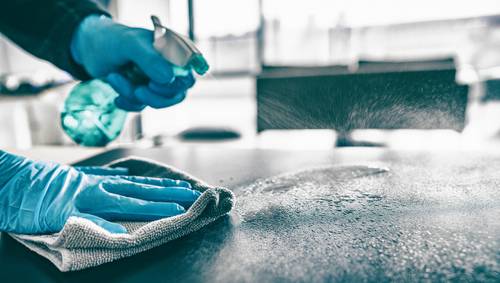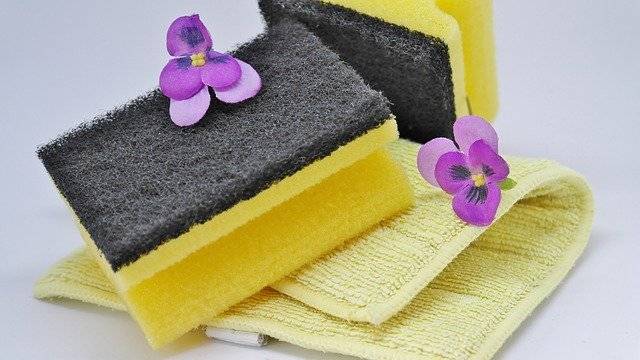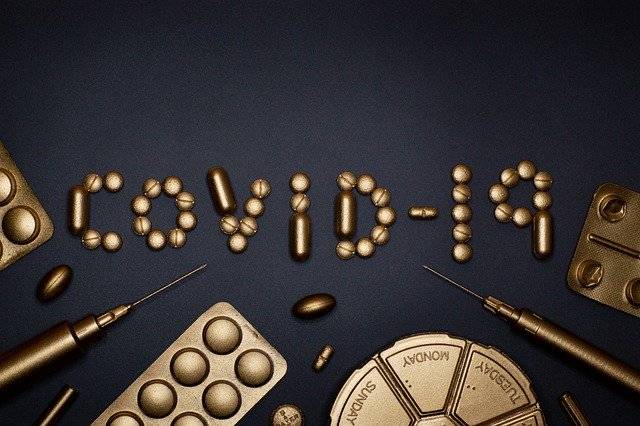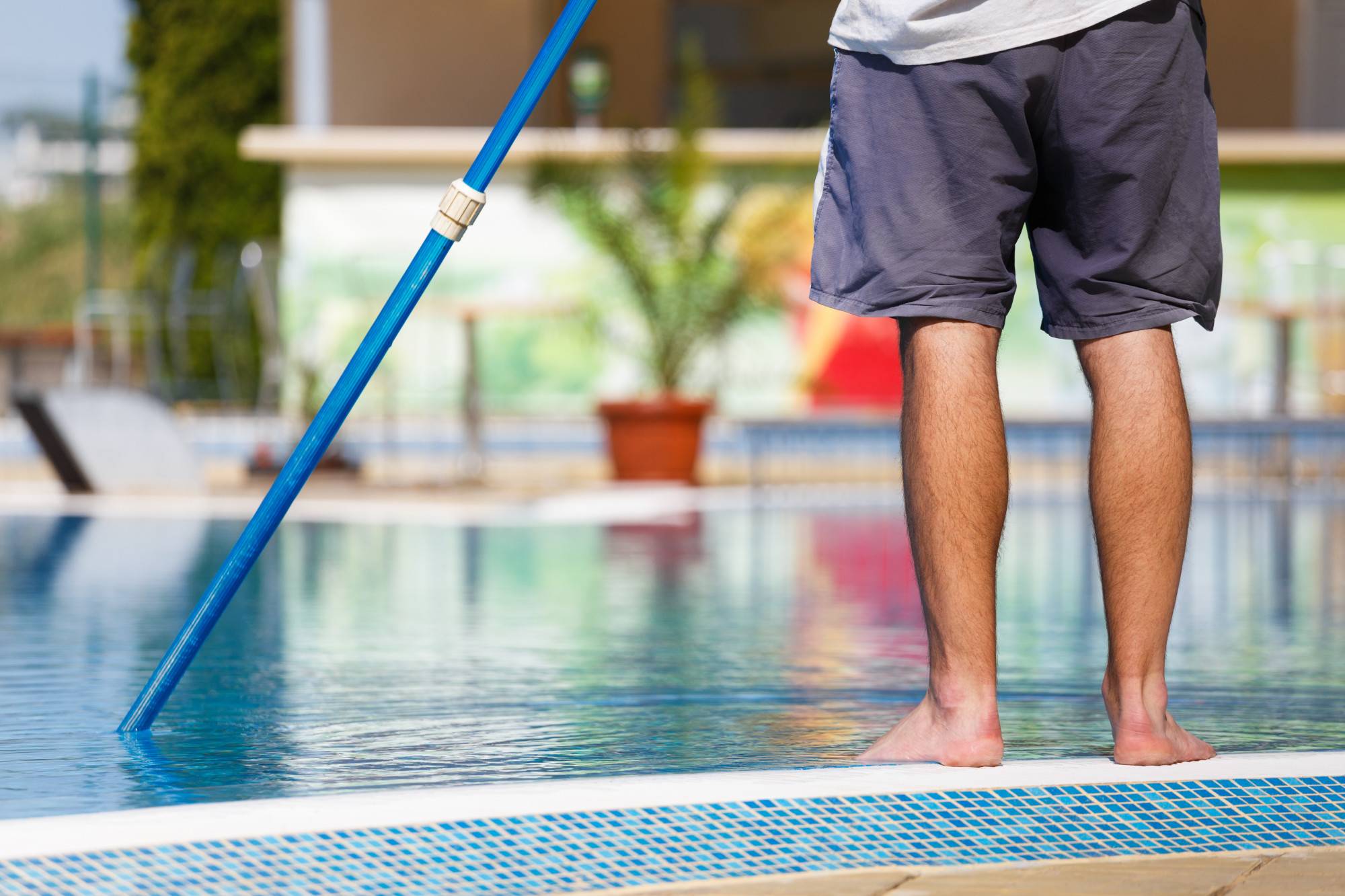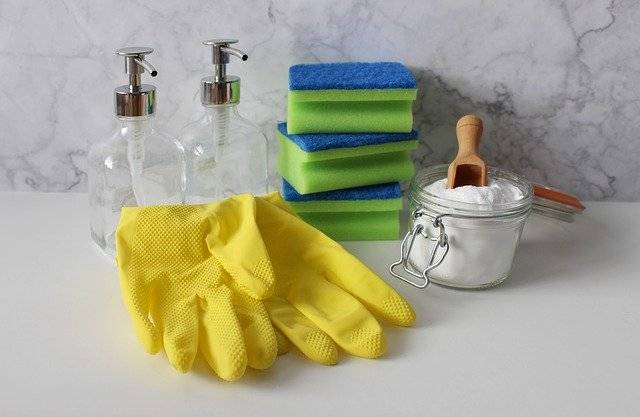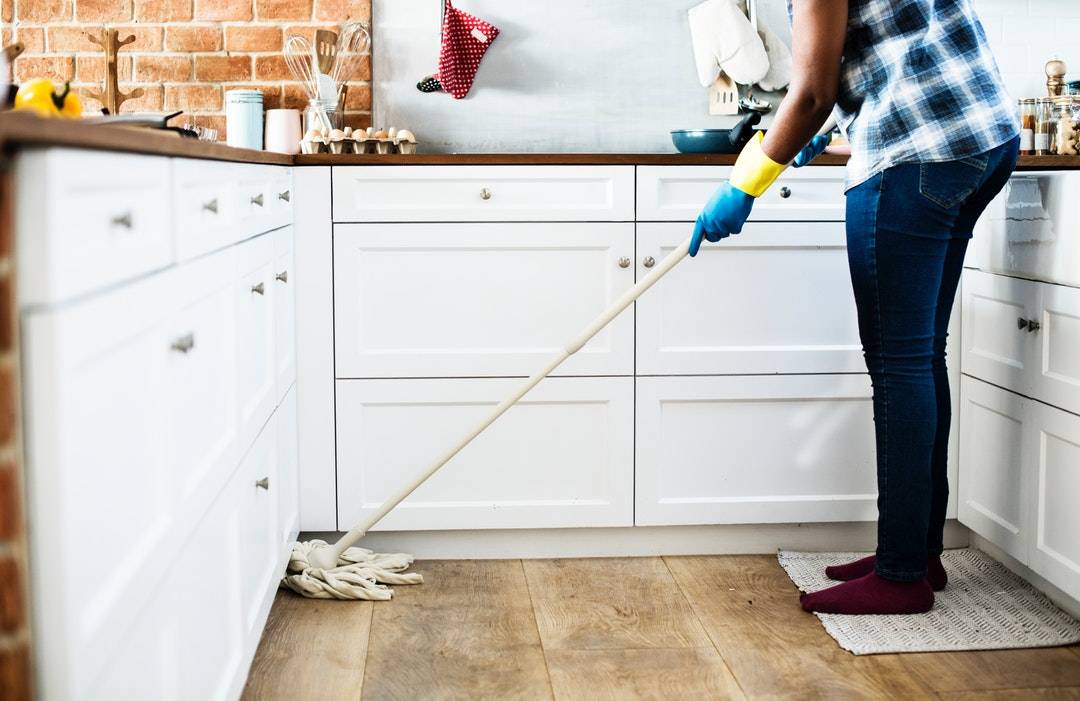According to the Centers for Disease Control and Prevention, people all across the United States need to be prepared in case their community experiences an outbreak of COVID-19.
“Be prepared” is sound, but vague, advice. What steps should you take? Don’t worry — we’ll break it down for you.
Rebecca Katz, the director of Georgetown University’s Center for Global Health Science and Security, helped us put together the most useful recommendations. Katz said that preparing for a potential virus outbreak is not that different from other forms of contingency planning. If you’ve ever prepared your family for a hurricane, for example, you have a good idea of what to expect.
Here’s our coronavirus advice, presented in “Frequently Asked Questions” format:
Q: Does my family need to stock up on medicine and food?
A: Yes, increasing your stockpiles is a good idea. In this case, stocking up isn’t about riding out shortages in the future, but to enable your family to avoid excessive human contact in the event of an outbreak. (Experts call this “social distancing.”) The more you can avoid crowds, the lower your chances of catching the virus. If your community suffers an outbreak, you don’t want to spend any more time than you have to rubbing elbows with the crowd at your local drugstore.
For all medications that you take daily (e.g. blood pressure pills), Katz suggests laying in at least a two-week supply. Remember to check with your healthcare provider about extending prescriptions if necessary.
Medications that will be particularly useful to have on hand include fever reducers, such as ibuprofen and acetaminophen.
When it comes to your pantry, a two-week supply is also a good target for stockpiling food. You may also want to stock up on your family’s favorite sickbed foods, suggests Edith Bracho-Sanchez, a Columbia University pediatrician. Chicken soup, crackers, and hydrating drinks (e.g. Gatorade and Pedialyte) will be much appreciated if anyone in your home gets sick. If that does happen, you want to have everything you need to ride it out at home.
Bracho-Sanchez has some good news about COVID-19: Children seem to be less susceptible to infection than adults. Also, 80 percent of COVID-19 cases involve relatively mild symptoms, not unlike the common cold or flu.
Q: Do I need special cleaning supplies?
A: One of the many uncertainties surrounding the coronavirus is that researchers are not sure how long the virus can live on surfaces. Stephen Morse, a Columbia epidemiology professor, suggests that like other coronaviruses, COVID-19 should be vulnerable to ordinary household cleaners, particularly those with bleach or alcohol.
It’s important to frequently clean high touch areas around your home (and not surprisingly, these tend to also be the dirtiest places in your home).
Morse notes that even basic soap-and-water scrubbing is likely to kill the coronavirus. This is because the COVID-19 organism is protected by an outer layer of lipids. Household soaps are capable of breaking down lipids, including those surrounding the viral particles. Many of the common household messes we use soap to get rid of, like oil and grease on dishes, are lipids.
If your community does experience a COVID-19 outbreak and you believe one of your family members is sick, you should make time to clean heavily-trafficked surfaces several times a day. Kitchen and bathroom counters and faucets are particularly important. Dr. Trish Perl, head of UT Southwestern Medical Center’s infectious disease unit, notes that extensive research on other viral diseases has shown that cleaning hard surfaces in the home can significantly decrease the amount of virus in the environment.
Q: Do I need face masks?
A: The value of wearing a face mask in public during a viral outbreak is extremely questionable. We’ve already reported on the topic in depth; a few of the key points to consider are whether or not you have an effective mask and whether or not you are using it properly.
Many epidemiologists and other experts on infectious diseases hesitate to recommend wearing face masks preventatively because it may provide a false sense of security.
The place where the experts all come into agreement is that it’s a good idea to wear a mask if you are sick. This reduces your odds of infecting other people, both within your home and out in your community. Dr. Perl notes that a mask will be especially helpful if you are living with elderly people (age 60 or older) or individuals with compromised immune systems. These populations seem to be the most vulnerable to the current strain of the coronavirus.
According to medical research, you may be able to protect yourself while caring for a sick relative by wearing a mask. You do need to wear it at all times when you are around the sick individual. Additionally, you need to remember that the front of the mask may become contaminated — you should not touch it.
Q: What about work? Is it time to telecommute?
A: Now is the time to start the conversation with your boss about how to adjust your workflow if your community experiences a COVID-19 outbreak. You should confine yourself to your home if you get sick. But telecommuting may be a good idea while you’re still healthy, as it reduces your risk of infection.
Telecommuting should be strongly considered if you live in a large city and normally get to work via public transit. The large crowds using public transportation become risky during a virus outbreak.
Q: What should I do if I do get sick?
A: If you start experiencing flu-like symptoms, particularly a dry cough or a fever, start by calling your doctor’s office on the phone. Pediatrician Bracho-Sanchez advises against racing to an emergency room or urgent care clinic. If you do have the virus, that might just spread it to other people.
Bracho-Sanchez recommends working with your doctor’s office to try and keep contact to a minimum.
Note that if you have more serious symptoms, like persistent dehydration or difficulty breathing, you should go ahead and seek medical attention.
Q: Are there any habits I can take up to reduce the risk of infection?
A: This is an excellent time to get everyone in your family into the habit of washing your hands as soon as you come home.
Hand hygiene is important for defending yourself against all sorts of infectious diseases, from the common cold to COVID-19. Your risk for any sort of respiratory infection will go down if you wash your hands frequently. It’s also important to avoid touching your face, nose, and eyes unless absolutely necessary.
Dr. Perl says that frequent and thorough hand-washing can reduce viral transmission risk by as much as 50 percent. She recommends ordinary soap and water or an alcohol-based hand sanitizer. Antibacterial soap is not required. Scrub your hands for at least 20 seconds. (As a handy self-timer, singing “Happy Birthday” twice takes about 20 seconds.)
This is also the time to make sure you’re practicing good respiratory etiquette. Whenever you feel the need to cough, cough into your elbow rather than into the open air. Wash your hands immediately after coughing. Dispose of tissues carefully after use, as they may collect virus particles.
According to Perl, these simple steps can go a long way toward protecting you and the people around you.

